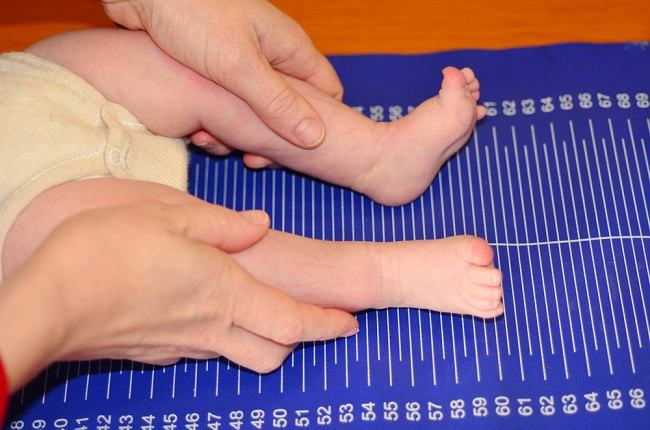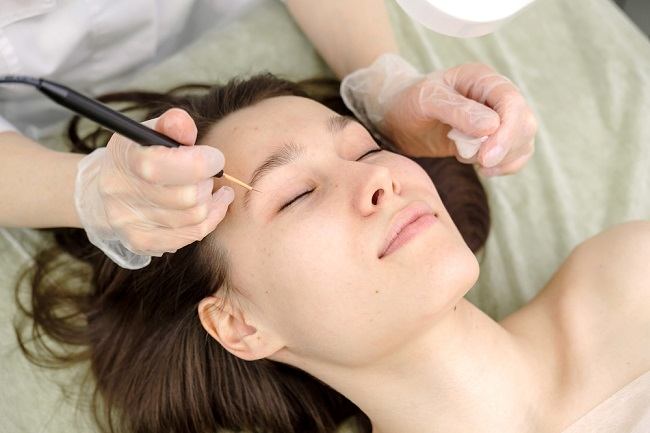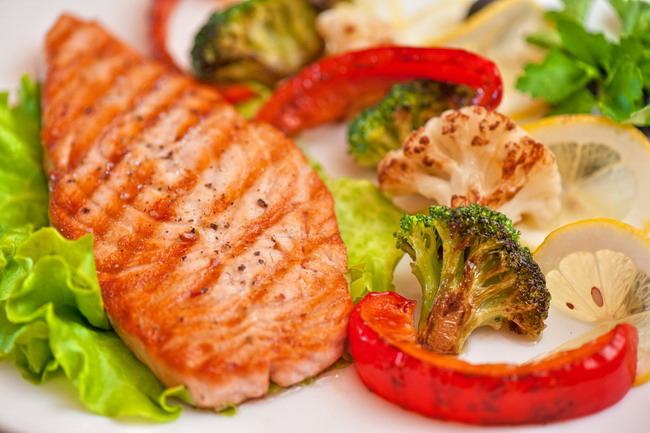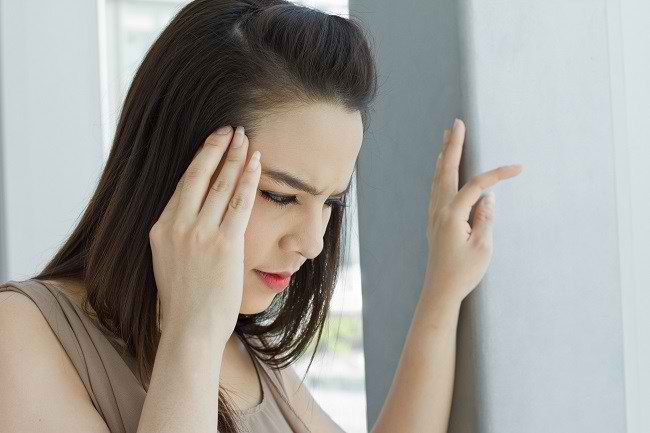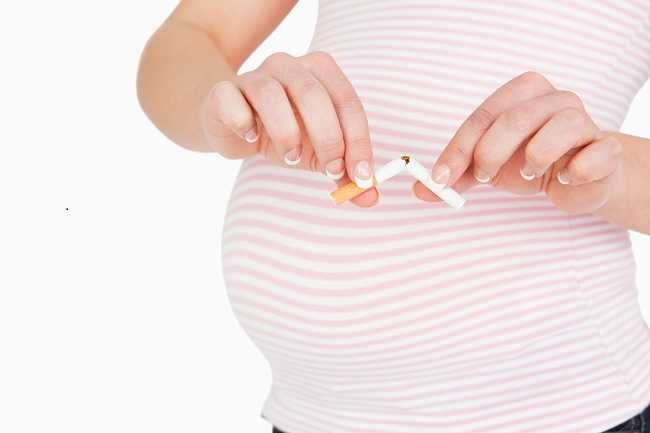The HPV vaccine is a vaccine used to prevent infection human papillomavirus (HPV). In Indonesia, the HPV vaccine can be given to women aged 9–55 years and men aged 19–26 years.
There are two types of HPV vaccine, namely bivalent and tetravalent. The bivalent HPV vaccine can provide protection against infection with HPV types 16 and 18, thereby preventing cervical cancer.

While the tetravalent HPV vaccine can provide protection against infection with HPV types 6, 11, 16, and 18, so it can prevent cervical cancer and genital warts.
The HPV vaccine contains a protein made to resemble the HPV virus. Once injected, the protein in this vaccine will work by helping the body produce antibodies to fight the HPV virus.
HPV vaccine trademarks:Gardasil
What is the HPV Vaccine
| group | Prescription drugs |
| Category | Vaccine |
| Benefit | Prevents HPV infection |
| Used by | Adults and children |
| HPV vaccine for pregnant and lactating women | Category B:Animal studies have not shown any risk to the fetus, but there are no controlled studies in pregnant women. It is not known whether the HPV vaccine can be absorbed into breast milk or not. If you are breastfeeding, do not use the HPV vaccine without consulting your doctor first. |
| Drug form | Inject |
Warnings Before Receiving the HPV Vaccine
The HPV vaccine should not be used carelessly. There are several things you should pay attention to before undergoing vaccination with the HPV vaccine, namely:
- Tell your doctor about any allergies you have. The HPV vaccine should not be given to people who are allergic to any of the ingredients in this vaccine.
- Tell your doctor if you have a fever or have a blood clotting disorder.
- Tell your doctor if you have a weakened immune system due to HIV, cancer, or radiotherapy.
- Tell your doctor if you are pregnant, breastfeeding, or planning a pregnancy.
- Tell your doctor if you are taking certain medications, supplements, or herbal products.
- Immediately see a doctor if an allergic reaction occurs after using the HPV vaccine.
HPV Vaccine Dosage and Schedule
In Indonesia, the HPV vaccine has begun to be given to girls aged 9 years to adult women aged 55 years. The most recommended time of administration is at the age of 9–26 years or those who have not been sexually active.
For men, it is recommended that the HPV vaccine be given at the age of 19–26 years.
The usual dose of using the HPV vaccine is 0.5 ml by injection into a muscle (intramuscular / IM). With the schedule of giving as follows:
- Bivalent vaccine: Administered at intervals of 0, 1, and 6 months at 9–25 years of age.
- Tetravalent vacine: Administered at 0 and 12 month intervals for children 9–13 years of age and 0, 2, and 6 month intervals, for those over 13–45 years of age.
How to give the HPV vaccine
The HPV vaccine is injected into a muscle (intramuscularly/IM). This vaccine injection will be carried out by a doctor or medical officer under the supervision of a doctor at a health facility that has been designated for vaccination services.
If the vaccine is injected at the age of 9-13 years, it requires 2 doses of the HPV vaccine. If the vaccine is injected at age 16–18 or in adulthood, it requires 3 doses of the HPV vaccine.
The HPV vaccine should be given since childhood, because at that age sexual intercourse has not been performed. That way, the patient is less likely to have been exposed to the virus and the HPV vaccine can work more effectively.
Giving the HPV vaccine must be in accordance with a predetermined schedule so that the vaccine can work well. You must get the entire prescribed dose. If you miss a dose, see your doctor immediately for the missed dose.
Interaction of HPV Vaccine with Other Drugs
The use of the HPV vaccine together with anticoagulants can increase the risk of bleeding. In addition, a decreased immune response may occur if the HPV vaccine is used with drugs for chemotherapy, radiotherapy, or high doses of corticosteroids.
To be safe, always tell your doctor if you want to take any other medicines at the same time as the HPV vaccine.
Side Effects and Dangers of the HPV Vaccine
The following are some of the side effects that may arise after using the HPV vaccine:
- Pain, swelling, itching, or redness at the injection site
- Headache
- Nausea or vomiting
- Muscle or joint pain
- Fatigue
- Fever
- Dizziness or fainting
Check with your doctor if the side effects mentioned above don't go away or get worse. In addition, you should also see a doctor immediately if you experience an allergic reaction after receiving the HPV vaccine.
